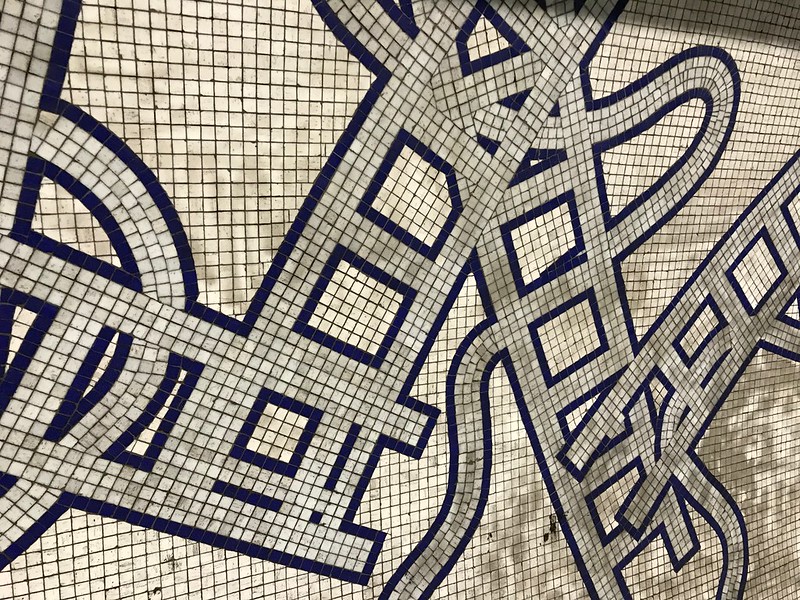We regularly use the word ‘practice’ at creative arts universities to denote an area of expertise and tends to relate to a general discipline area. For example, people will broadly associate themselves with Fine Art as a practice or Media Production. Many colleagues in my part of the university would see themselves as having an ‘educational’ practice of some form.

A lack of practice
A couple of weeks ago I was asked what my practice was and I struggled to answer. I started work in the late nineties, just as the Web was gaining ground as a new location for media, design and tech practices. I’ve taught in communications media, made digital media prototypes for the BBC, developed online distance courses and undertaken national research studies on digital education. Ultimately though, I don’t associate with a particular discipline and, as an extension of that, I don’t feel I have a practice. I also don’t hold a PhD and so am missing an easy identifier of expertise.
Given this lack of easy labels I’m often defined as ‘digital’ which is never very helpful as digital is a medium, not a practice. Claiming digital as a practice is like describing carpentry as ‘wood’ or painting as ‘art supplies’. The result of this miscategorisation is I’m often asked to ‘fix the screen’ in meetings when the presenter is struggling to make their slides appear. I have, at times, gone as far as to hide my technical skills so as not to be given the ‘tech-guy/digital’ mantle which risks my exclusion from strategic activities in favour of being brought in to fix things when they are ‘broken’.
In many ways my lack of a practice has been a huge advantage. It gives me a clear perspective as I don’t come to an understanding through the specific lens of any given discipline with all its attendant histories and politics. In essence, I don’t need to be territorial to establish my credibility and can choose methods, tools and modes-of-thinking from disciplines or practice-areas which are most likely to progress a project or illuminate an area of complexity.
Working in a third space
I was reminded of this when reading about a partnership between Central St Martins (one of our colleges) and Tokyo Institute of Technology. This has been designed as a hybrid, transdisciplinary partnership between the arts and sciences. This approach and philosophy is elegantly elucidated in a piece about the partnership by Dr. Betti Marenko in which she discusses the location of transdisciplinarity as a ‘third space’, sitting outside other disciplinary spaces while drawing on, and making connections with them.
“Transdisciplinarity allows us to go beyond what exists already. Instead, it pushes us to make the present more complicated, more interesting, and richer. It is within this space of risk, the unexpected, and positive uncertainty that the real adventure of thinking together becomes palpably alive.”
Dr. Betti Marenko
This resonated with me as it set’s my lack of a practice and disciplinary home in a new light. I’ve always enjoyed questioning the structure of any given mode-of-thought or method and have often felt restless when I become too comfortable with a particular genre of understanding. I also feel restless when I’m travelling towards the center of a given community as I can sense the emphasis shifting from questioning to interpersonal allegiances and politics. The all-too-common academic milieu where who holds what position becomes more important than the value of the thinking itself.
For me, all disciplines bring depth but often with the cost that what constitutes a legitimate question and approach is narrowed. I want to stay in the ‘space of risk and positive uncertainty’ which is one of the many reasons I enjoy working in and around the creative arts. If this means that I lose easy identifiers of expertise and practice then that’s a price I’m willing to pay. I’ll never gain the kind of credibility colleagues who become experts in their field will but I might be able to make connections that they can’t and I reduce the chance of becoming stuck in a specific currency of expertise.